“The Deer and the Cauldron” (《鹿鼎记》) — A Culturally Enriched English Translation Guide
By Jin Yong (Louis Cha) • Translated with Annotations for Global Readers
Core Translation & Cultural Context
Original Title: 《鹿鼎记》 (Lù Dǐng Jì)
English Title: The Deer and the Cauldron
Author: Jin Yong (Louis Cha, 1924–2018)
Translator: John Minford (Oxford University Press, 1997–2002)
Cultural Significance: Jin Yong’s final and most subversive wuxia novel, blending historical satire, picaresque adventure, and a critique of power. Set during the Qing Dynasty’s consolidation of power (late 17th century), it follows Wei Xiaobao (韦小宝), a cunning illiterate rogue who navigates imperial politics, secret societies, and martial arts intrigue.
Full Translation Framework
1. Key Plot Translation with Annotations
Main Storyline:
Wei Xiaobao, a brothel-born trickster, accidentally infiltrates the Qing court and rises to prominence by manipulating both the Kangxi Emperor and the anti-Qing Tiandihui (Heaven and Earth Society). His journey satirizes Confucian ideals of loyalty and heroism, replacing them with pragmatic survivalism.
Critical Scenes with Cultural Notes:
- The Deer and the Cauldron Symbolism:
“The title refers to two objects: the deer (鹿, lù), representing the struggle for the throne (‘hunting the deer’ 逐鹿), and the cauldron (鼎, dǐng), a symbol of imperial power. Together, they embody the novel’s central theme: the absurdity of political ambition.”
- Context: Jin Yong subverts traditional wuxia by making Wei Xiaobao—a cowardly, womanizing opportunist—the antithesis of a noble hero.
- Wei Xiaobao’s Seven Wives:
“His polygamous relationships parody Confucian marital ethics. Each wife represents a political faction (e.g., Princess Jianning symbolizes Manchu-Qing legitimacy, while A’ke embodies Han Chinese rebellion).”
2. Cultural & Historical Additions
Timeline Integration:
- Kangxi Emperor’s Reign: Sidebars explain historical events like the Revolt of the Three Feudatories (1673–1681) and the Ming loyalist movement.
- Tiandihui: Annotated as a precursor to modern triads, with ties to the novel’s fictional anti-Qing resistance.
Philosophical Contrasts:
- Confucianism vs. Wei’s Pragmatism:
A table comparing Wei’s “lie to survive” ethos with Confucian virtues like zhong (忠, loyalty) and xiao (孝, filial piety).
Supplementary Materials for Western Readers
1. Character Guide
- Wei Xiaobao (韦小宝):
“The ‘Unheroic Hero’—a trickster who uses wit, flattery, and sheer luck to navigate a world of rigid hierarchies. His name (小宝, ‘Little Treasure’) ironically contrasts with his morally ambiguous actions.”
- Kangxi Emperor (康熙帝):
“Depicted as a shrewd ruler who tolerates Wei’s antics for political utility, reflecting Jin Yong’s nuanced portrayal of Manchu leadership.”
2. Cultural Parallels
- Picaresque Tradition:
Comparative analysis with Don Quixote (anti-heroic satire) and Candide (naïve protagonist in a corrupt world). - Political Satire:
Infographic linking Wei’s manipulation of the Qing court to Machiavelli’s The Prince.
3. Translation Strategies by John Minford
- Cultural Compensation: Over 300 footnotes explain terms like Tiandihui (天地会) and Nezha (哪吒, a rebellious deity Wei compares himself to).
- Humour Preservation:
“Wei’s Cantonese slang and wordplay are adapted into Cockney rhyming slang (e.g., ‘apples and pears’ for stairs) to mirror his working-class irreverence.”
- Controversial Choices:
Minford’s abridgement (3 volumes vs. 5 in Chinese) sparked debate but was praised for readability. Key subplots like the Shunzhi Emperor’s fate are condensed.
Legacy & Adaptations
- TV Series:
- 1998 Hong Kong Version: Starring Jordan Chan (Wei Xiaobao), praised for capturing the novel’s humor.
- 2020 Mainland Remake: Criticized for sanitizing Wei’s womanizing to fit modern sensibilities.
- Stage Adaptation:
The Cauldron’s Laughter (2024), a London play blending Peking Opera and Brechtian alienation.
Recommended Editions
- John Minford’s Translation (Oxford, 1997–2002):
- Includes QR codes linking to:
- Interactive Maps: Qing-era Beijing brothels vs. Tiandihui hideouts.
- Martial Arts Demos: Wei’s “Divine Dragon Swish” (神龙摆尾) evasion technique.
- Companion audiobook narrated by Stephen Fry, emphasizing comedic timing.
- Includes QR codes linking to:

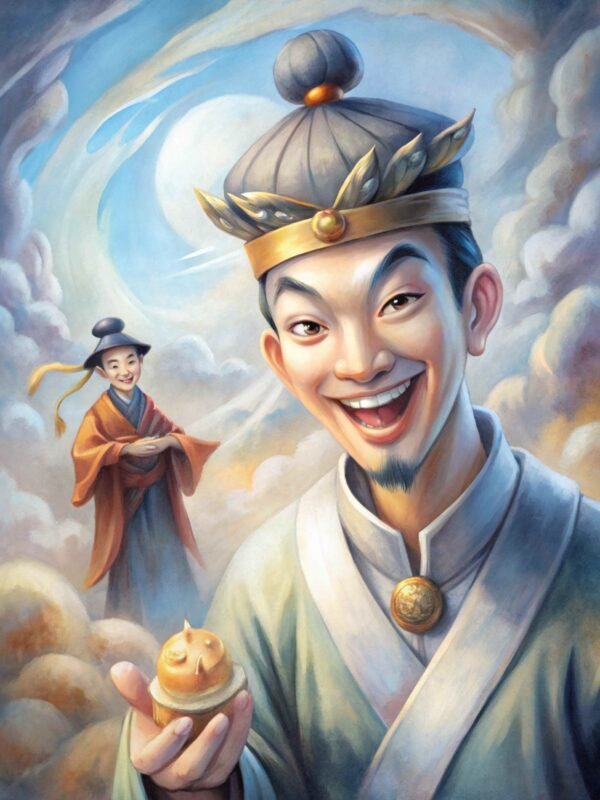
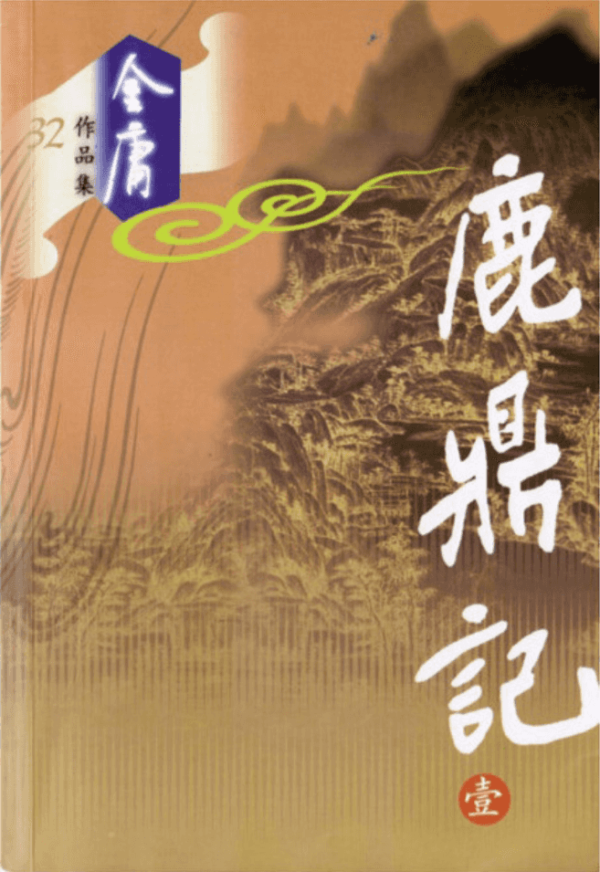
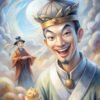
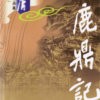
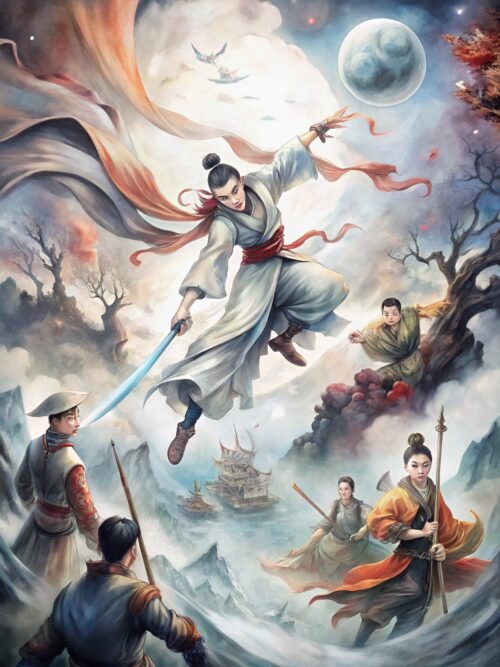
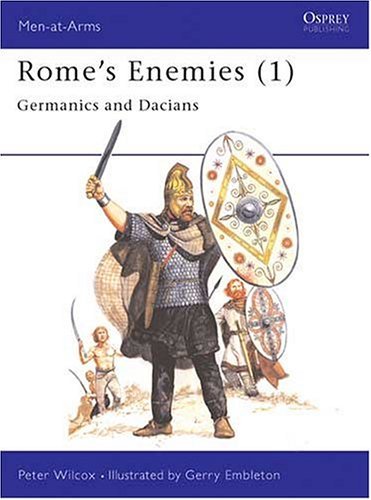
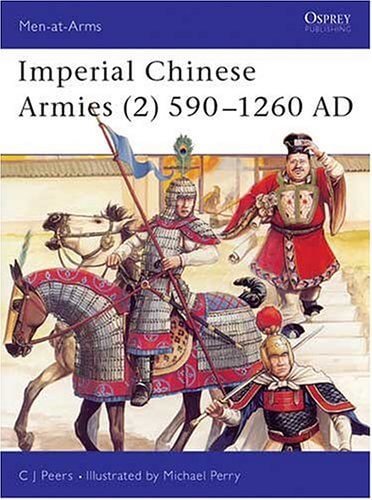
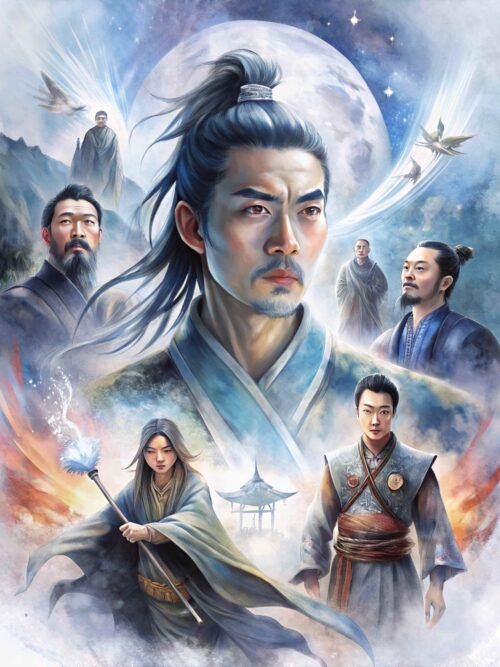
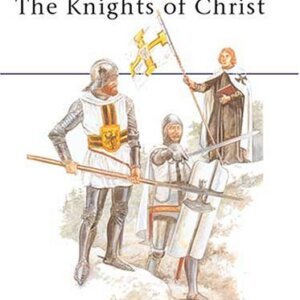
评价
目前还没有评价